The three words shaping climate action for the World Food Programme
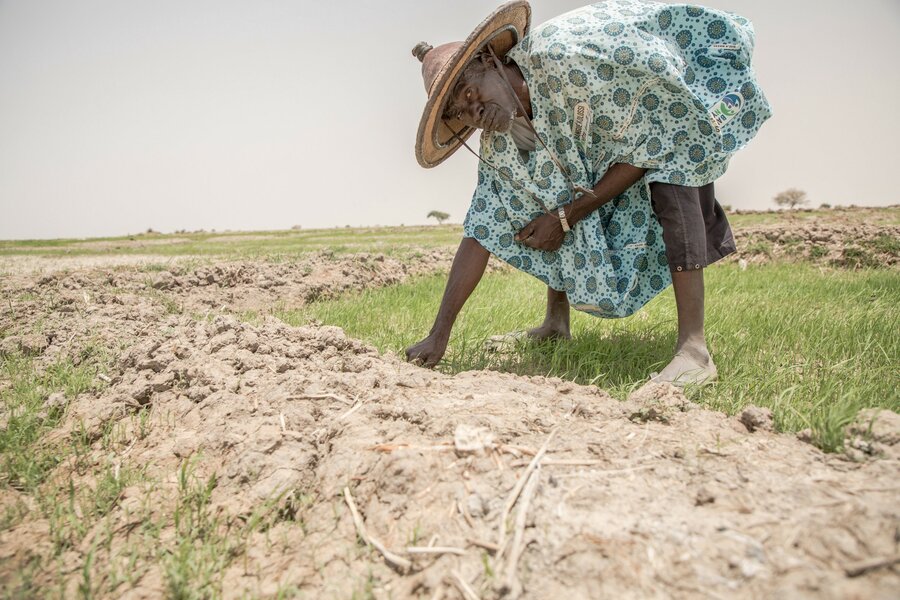
The World Food Programme (WFP) is known for assisting countries around the world during food emergencies. However, due to the current climate crisis — which could be considered the biggest emergency the planet has ever faced — WFP is trying to embrace a model that includes not only reacting to humanitarian crises but preparing countries to adapt to climate change before a climate shock turns into an emergency.
"Key to managing the climate risks countries face is combining different programmes that will help restore ecosystems, protect people and anticipate disasters," says Gernot Laganda, WFP's Chief of Climate and Disaster Risk Reduction.
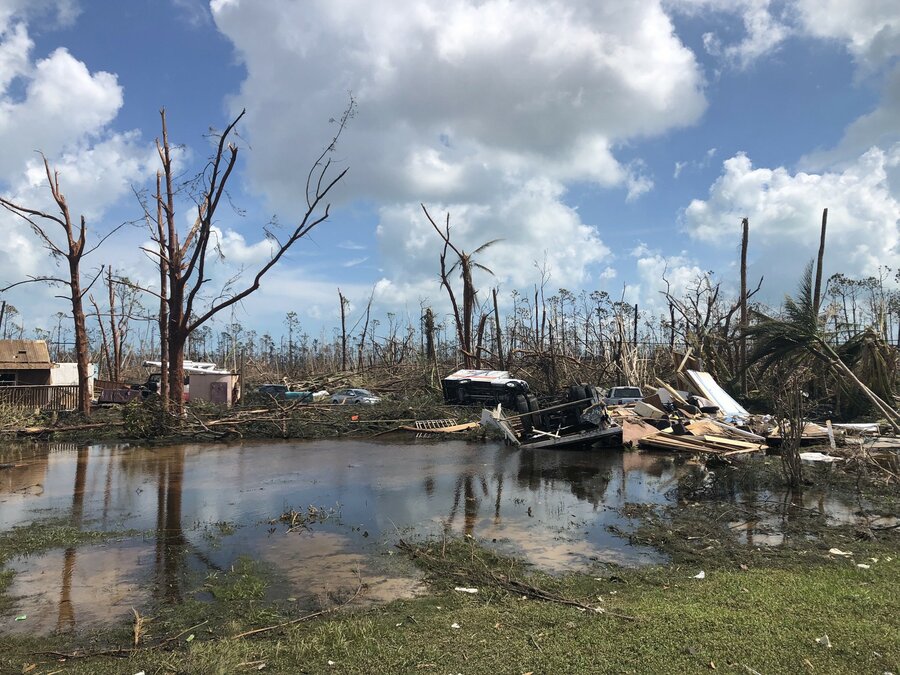
On his way to COP25 in Madrid, Laganda takes time out to explain the road map WFP is following in climate-change adaptation, one marked by three goals: "To restore, protect and anticipate".
These objectives encompass a wide set of tools for countries and communities to manage the impacts of climate change, making them more resilient to extreme weather. The frequency of such events such as droughts and cyclones is increasing dramatically and taking action in advance is key to coping with their consequences.
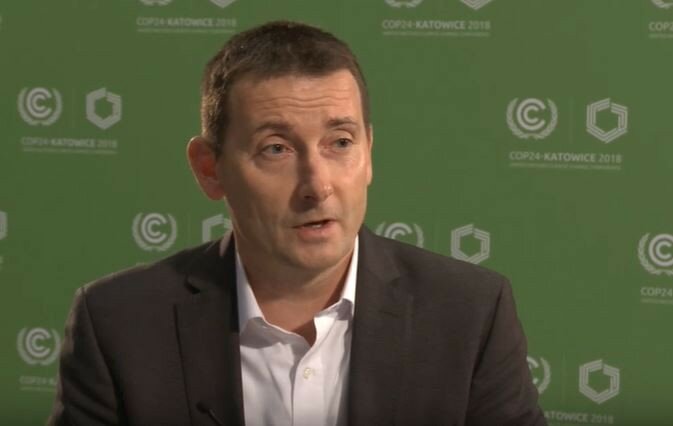
"In our team, we do not promote any climate solutions in isolation," says Laganda. "We work together with other parts of WFP."
The ‘restore' element of WFP's credo is largely about helping people who "directly receive cash or food-based transfers to address their immediate food needs, while also planting trees, creating water-harvesting features or repairing irrigation canals," he says.
WFP combines these programmes with others such as microinsurance for farmers; early-warning systems for governments, which helps them know precisely when an event like a flood might arrive; and financing for communities, helping farmers to prepare by providing them with cash.
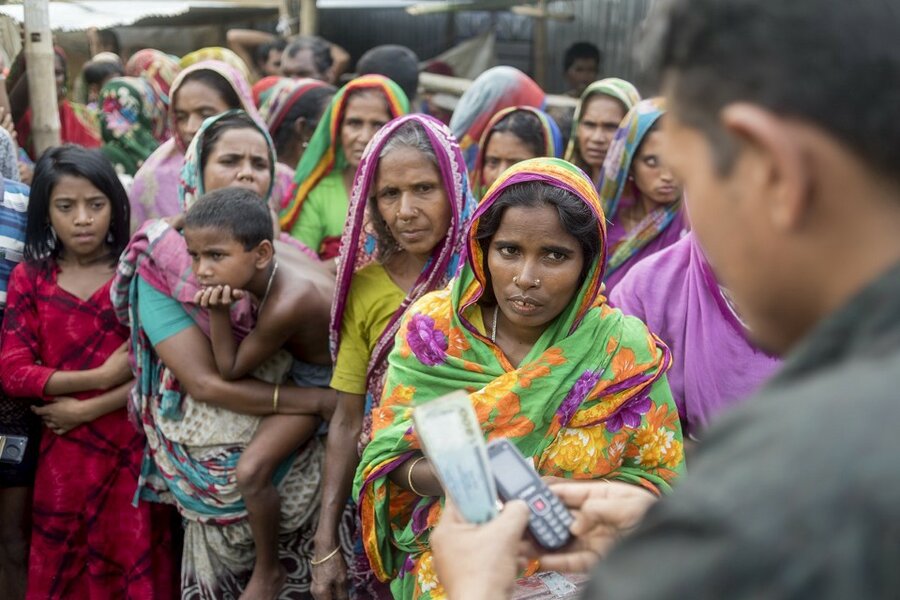
The money can be used to protect belongings, buy essential items or even to move out of harm's way when confronted with an imminent climate hazard. In the case of drought, they receive advice on changing the type of seeds they use so that they don't lose all their crops.
‘We must do more to balance the saving lives part of our mandate with changing lives'
Over the past five years, the concepts of ‘anticipation' and ‘protection' have played an ever more important role at WFP. "When we talk about protection, we often talk about our insurance programmes," says Laganda. "This year we've over 1.5 million people protected through climate-risk insurance schemes — the largest number covered by a UN agency".
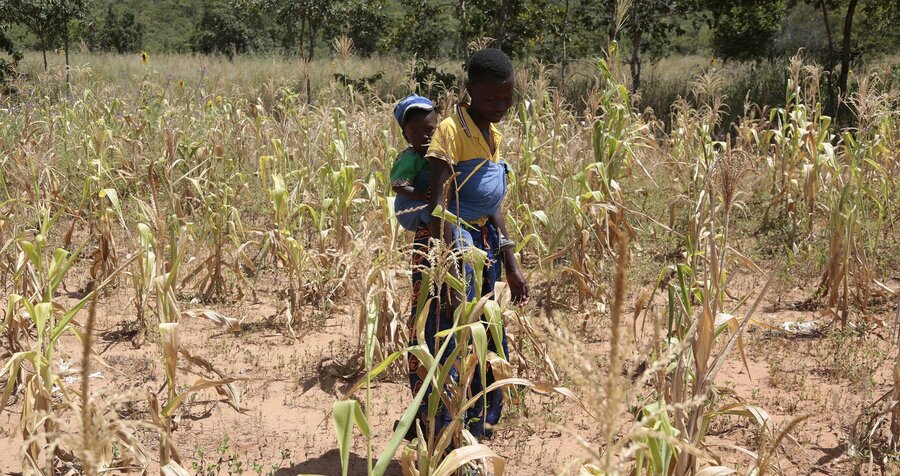
"We do this through micro-insurance programmes for smallholder farmers, but also through a sovereign insurance scheme where governments buy an insurance policy and humanitarian institutions replicate the coverage."
How that works is, say the government of Mali buys US$2 million worth of insurance cover against catastrophic drought, WFP will do the same.
Money much quicker
"We basically cover double the number of people and when the insurance pays out, we can use that money to feed into a well-coordinated emergency response that we undertake jointly with the government," he says.
To insure farmers, companies agree on a specific trigger-value, such as rainfall or temperature. If there is less rainfall than a certain level over a period of time, then the insurance pays out because they know that at such a point, the maize crops will fail. This way, "farmers get the money much quicker — even before their crops fail — which can help them cope with the climate shock they are experiencing," says Laganda.
To restore, protect and anticipate are three concepts that together could become the armour that will allow people and governments to adapt to climate change.
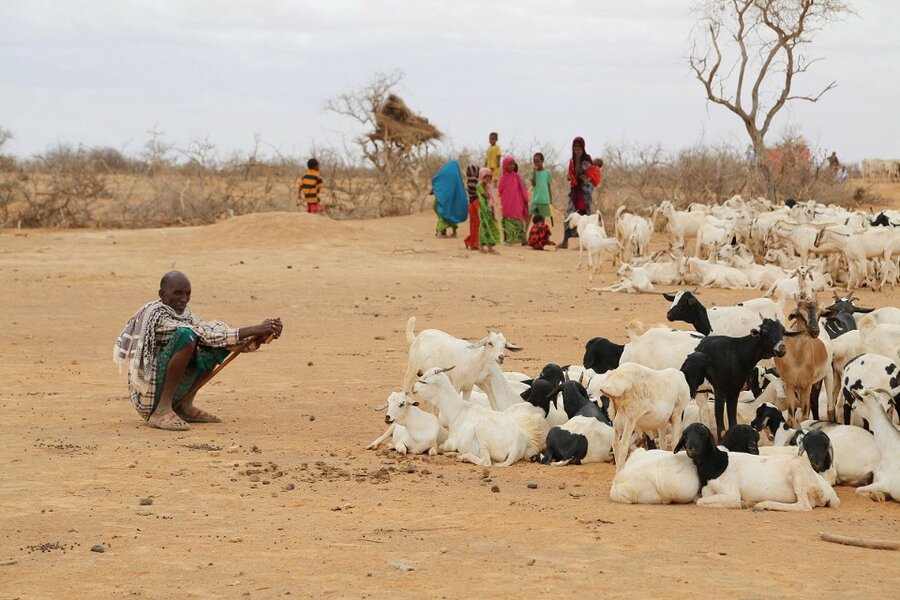
When cyclones or floods are building up, countries can prepare for them, cope better and recover faster. This way a potentially long-term and expensive humanitarian emergency can be handled as a much smaller one. Laganda says: "If we don't invest and do anything in advance, people can lose everything over the course of a few days."
He adds: "All of a sudden, they require full support from the government or the humanitarian community for many years and it's very difficult to roll that back, especially in a rapidly building climate crisis."
Laganda's team also pays attention to energy — "a key player in restoration".
Trees planted on rehabilitated land, he says, won't last very long if people are using them for fuel. For this reason, Laganda's unit supports projects to substitute inefficient biomass stoves with solar e-cookers.
Cooking and nutrition
"In conferences such as COP25, the energy-conversation debate focuses on how to reduce greenhouse gas emissions," he says. "However, for WFP and the people we serve, energy is a key consideration in climate change adaptation because it's central for cooking and also for nutrition." In fact, if WFP distributes tons of food but communities cannot properly store simple things such as milk or vegetables, all the effort invested in bringing that food to people will be wasted.
Ultimately, says Laganda, WFP faces the challenge of mobilizing longer-term resources for programmes that combine the restoration of degraded ecosystems with stronger risk management approaches for harder climate shocks. "Currently most of WFP's budget is spent on humanitarian assistance. This is certainly essential for ‘saving lives', but we need to strengthen the balance with the ‘changing lives' part of our mandate. Otherwise, humanitarian needs will be on a runaway train over the next few decades."
